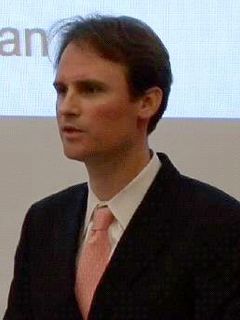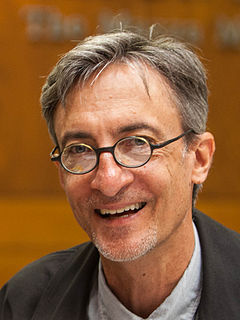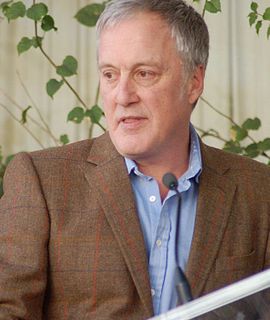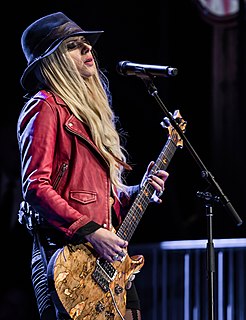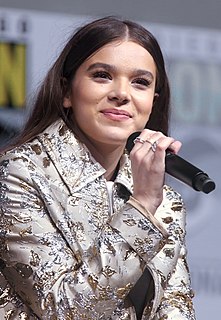A Quote by Rick Riordan
I wanted my students to leave my classroom loving reading and wanting to read more, and if they left my classroom thinking that reading is boring, then I haven't done my job.
Related Quotes
As I continue to teach, I have more to offer my students, and as I continue to teach, I have more to learn from my students. I do know some writers who feel very drained when they leave the classroom, and for me this would be a sign that maybe it's time to take a break or refocus because I always leave the classroom even more excited than I was when I walked in.
I think reading intelligent expressions of different points of view is a good thing, and there is a way in which being in academia in a classroom at the University probably gives you, can give you an academic view of things, and reading actual real time debates about what should we do in Syria or the Buffett rule, budget issues...gives you a kind of sense that's hard to get in a classroom.
Somewhere in this process, I begin reading and showing my book to my audience. When I say my audience, I mean a single imaginary child who is a blend of myself as a young person, the students in my wife's classroom of first- through third-graders, and the students from two classrooms I visit regularly in the Bronx, New York.
I strive to view my students as unique human beings all of whom come to my classroom with a personal history, cultural perceptions and traditions, goals and aspirations as well as fears and insecurities. By employing the principles of Personalization, I am able to connect with my students in a genuine way in order to build trust, respect and rapport in the classroom.
It's easy to leave people wanting more after the first episode, but it's hard to leave people wanting more after the 24th episode. And it's my job, more than anybody else's, to keep that in mind. One season, in TV terms, is nothing. You need to hit it for three or four seasons, and then you're doing well, in TV terms. Then, you've done your job.
By believing that only some of our students will ever develop a love of books and reading, we ignore those who do not fall into books and reading on their own. We renege on our responsibility to teach students how to become self-actualized readers. We are selling our students short by believing that reading is a talent and that lifelong reading behaviors cannot be taught.





